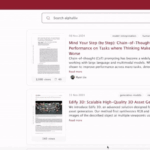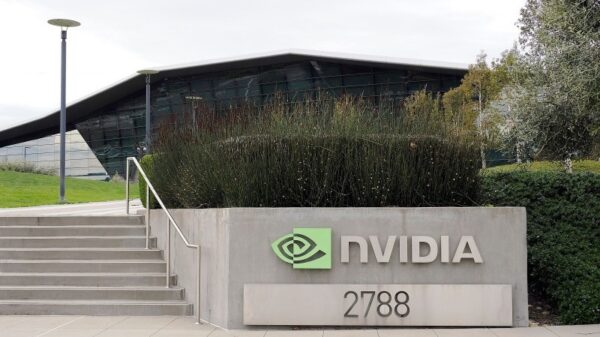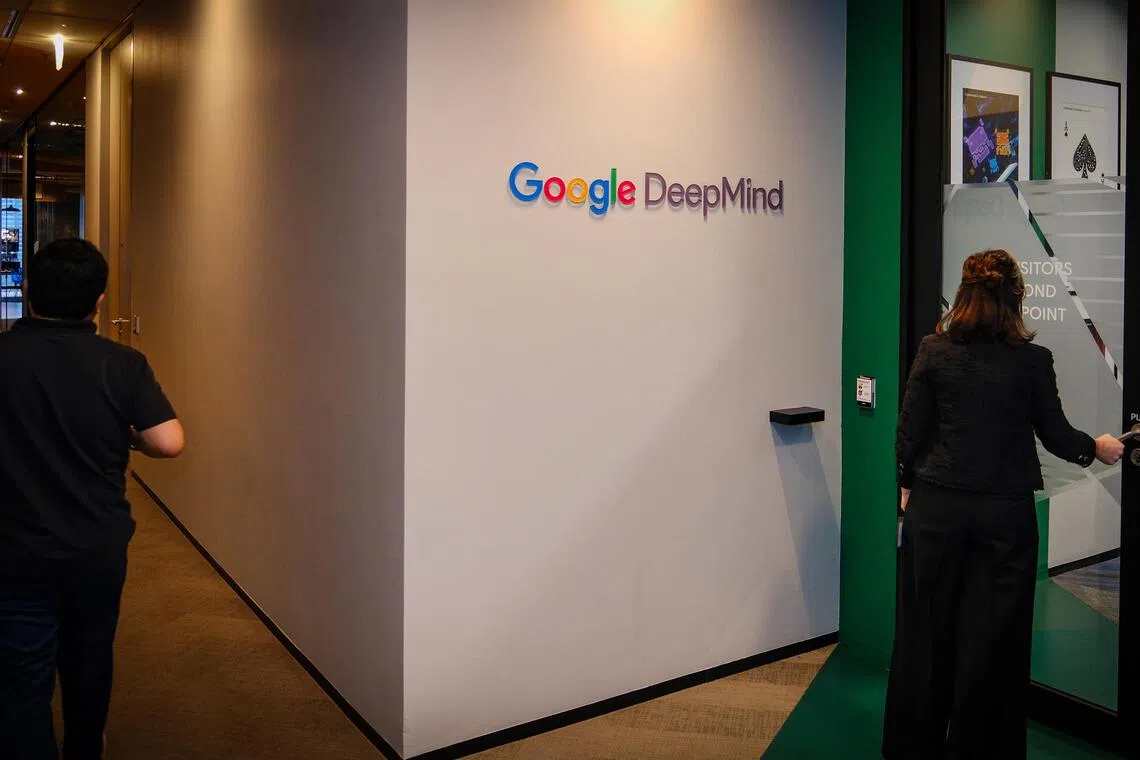Google DeepMind has launched an artificial intelligence (AI) research lab in Singapore, aimed at enhancing its AI models’ capabilities in understanding regional languages and cultural nuances. This initiative is expected to bolster existing efforts, particularly concerning the development of the Gemini model, which is set to improve its reasoning capabilities and create solutions for global challenges, including energy, healthcare, and climate change.
During a media event at Google’s Pasir Panjang office on November 19, Lila Ibrahim, the chief operating officer of Google DeepMind, emphasized the strategic significance of Singapore as a hub for innovation. “We need a partnership that helps us balance both long-term and short-term goals,” she stated, highlighting the importance of making AI technology accessible while focusing on elite applications.
Founded in 2010 and acquired by Google in 2014, DeepMind is committed to building AI responsibly for the betterment of humanity. Among its notable contributions is the development of the AlphaFold system, which accurately predicts 3D models of protein structures. This technology has notably been employed by Singapore’s National Neuroscience Institute and A*STAR in advancing the understanding of Parkinson’s disease.
In April, Google DeepMind initiated a collaboration with AI Singapore on Project Aquarium, a platform designed to source data on Southeast Asian languages. This collaboration is integral to the development of Singapore’s indigenous AI model Sea-Lion, which recognizes 13 regional languages, including Malay, Tamil, Thai, and Vietnamese. Such localization of large-language models is crucial for improving human interaction with AI systems.
Yolyn Ang, vice-president of Google’s knowledge and information partnerships team in the Asia-Pacific, explained, “You want to be able to interact with AI that is speaking to you in the right context and tone, which then increases the chances of helpful interactions.” She pointed out that Asia’s diverse linguistic and grammatical constructs necessitate a nuanced approach to AI communication.
Furthermore, Ibrahim stated that the understanding of linguistic capabilities within AI extends beyond text and speech to include culturally relevant visual cues. This multifaceted approach is vital for ensuring that AI systems can effectively engage with diverse user bases and contexts.
Google DeepMind has substantially increased its investments in the Asia-Pacific region over the past year, following the establishment of new labs in Japan and India. The Singapore lab is part of a broader strategy to enhance AI research and development capabilities in a region characterized by a rich tapestry of languages and cultures.
A dedicated team of research scientists, software engineers, and operations experts will be recruited to collaborate with governmental bodies, businesses, civil society, and leading academic institutions across Southeast Asia. Although specific hiring numbers were not disclosed, preliminary job postings for positions such as operations manager, engineering lead, and research scientists have already appeared on Google’s website.
The role of a foundational research scientist lead involves spearheading efforts to develop AI tools, infrastructure, and algorithms with a focus on responsible AI practices. Partnerships with governmental and industry stakeholders are vital to ensure that research translates into practical, real-world solutions. Ibrahim cited Google DeepMind’s collaboration with the National Hurricane Center in the U.S. to improve weather prediction capabilities as an example of how localized partnerships can yield significant advancements.
Recently, the company introduced WeatherNext 2, a state-of-the-art weather prediction model capable of forecasting weather patterns up to two weeks in advance. “Imagine what this could do for fields like crisis management,” Ibrahim noted, underscoring the importance of local partnerships to build global perspectives.
Mark Pereira, head of partnerships, strategy, and growth at AI Singapore, echoed that Google DeepMind’s presence in Singapore facilitates the effective translation of research into actionable solutions. “A lot of research projects tend to be left on the shelf and don’t really see true use,” he added, suggesting that collaboration with Google DeepMind could democratize access to advanced AI technologies.
This partnership also provides the Singaporean government with a global perspective on the responsible governance of AI technologies. Pereira remarked on the ongoing dialogues with the Google team to align their initiatives with the needs of Singapore and Southeast Asia. “Having all these different lenses helps to frame what’s the best way we can build a truly safe and ethical AI,” he stated, emphasizing the need for AI systems, including large-language models, to reflect the cultural context of their users.
As Google DeepMind continues to expand its footprint in Singapore, the implications for AI research and application in the region are profound. The lab aims not only to contribute to cutting-edge AI technologies but also to ensure that these advancements are inclusive and beneficial to a diverse range of stakeholders.
See also Google Reveals Nested Learning to Combat Catastrophic Forgetting in LLMs
Google Reveals Nested Learning to Combat Catastrophic Forgetting in LLMs Alphabet Shares Surge 9.4% After Buffett Invests $4.3B, Launching Gemini 3 AI
Alphabet Shares Surge 9.4% After Buffett Invests $4.3B, Launching Gemini 3 AI Cofounder Cited in False Reference; Psychiatry Research Faces Undisclosed COIs
Cofounder Cited in False Reference; Psychiatry Research Faces Undisclosed COIs Anthropic Reveals How Strict Anti-Hacking Prompts Increase AI Deception Rates
Anthropic Reveals How Strict Anti-Hacking Prompts Increase AI Deception Rates alphaXiv Secures $7M to Transform AI Research into Actionable Innovations
alphaXiv Secures $7M to Transform AI Research into Actionable Innovations




































































